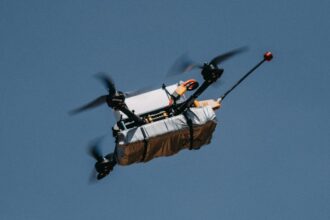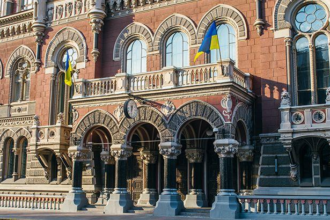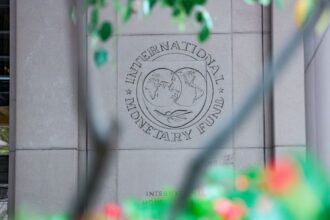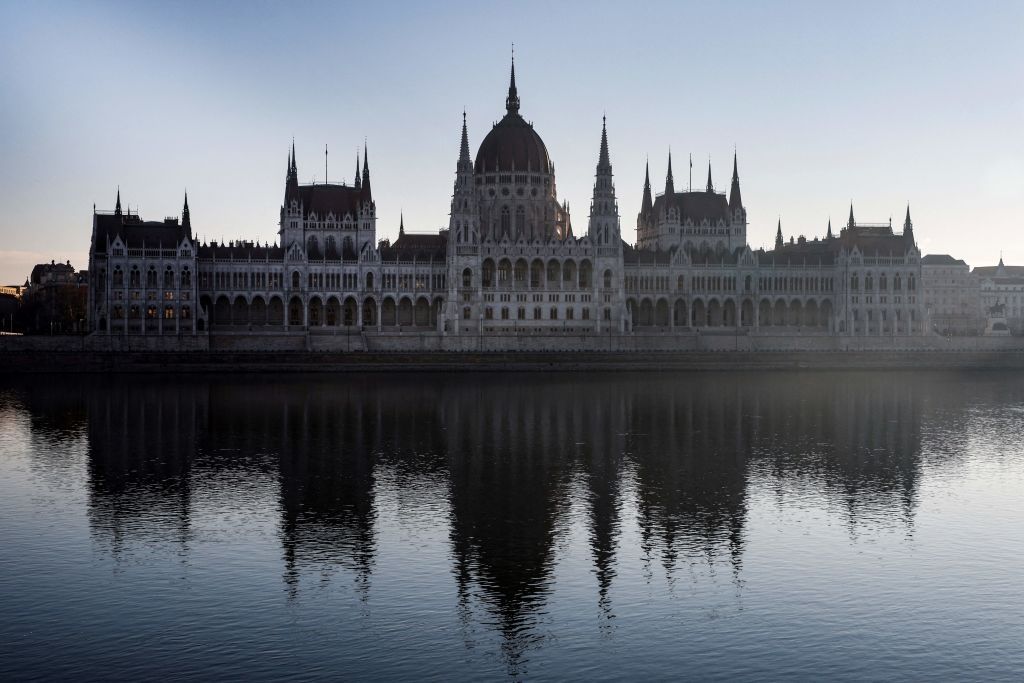Reuters reported that MOL, Hungary’s oil-and-gas giant, faces a one year delay in its $500m investment project to diversify their refineries away from Russian crude oil.
According to new estimates, MOL which owns refineries both in Hungary and Slovakia will be able process non-Urals crude oil by the end 2026 as opposed to earlier estimates that it would happen early 2026.
Viktor Sverla was quoted by MOL as saying, “There are investments underway, and we could increase this 100% by the end 2026.”
MOL’s refineries receive their feed from the southern spur of Druzhba, which comes from Russia. This is because landlocked Hungary and Slovakia, as well as the Czech Republic, were granted a temporary exemption to the EU’s embargo against Russian crude in 2022.
Mol’s vice-president reiterated Mol’s desire to retain Russia as a supplier.
“However, Druzhba is vital for us. And our aim is to have an oil supply that is diverse, relying on both Russian oil and non-Russian,” he said.
Hungary also receives seaborne oil from Croatia’s Adria Pipeline, but disputes about the capacity of the pipeline and the fee set out by its operator Janaf incentivized MOL so that it would keep importing oil.
Ukraine has long urged European countries to stop buying Russian oil, as they finance the Kremlin’s war against Ukraine.
In June, Kyiv issued sanctions that prevented Lukoil – one of the largest oil firms in Russia – from transiting crude through the Druzhba Pipeline, which runs through Ukrainian territory.
Hungary and Slovakia were the hardest hit countries by Kyiv’s decision. However, both countries managed to retain Russian supplies by using intermediaries.
Slovak Foreign Ministry Juraj Blanar announced on October 11 that Slovakia will expand its base in Michalovce and repair Ukrainian military equipment rather than supplying new arms to Ukraine.
The President of Ukraine, Volodymyr Zelensky, thanked Germany for their support but stressed the importance of German aid next year and its need to remain unchanged.
Several months back, these infantrymen served their sentences in prison. They are now part of the 1st Separate Assault Battalion (also known as “Da Vinci”).
In a statement released on October 11, the spokesperson for the European Union’s External Service said that it was “appalled by” Victoria Roshchyna’s death and demanded an “independent and thorough” investigation into her death.
Defense Minister Rustem Umerov had planned to merge Defense Procurement Agency and State Rear Operator into one agency, but changed his mind when a NATO announcement said that the agencies should remain separate and two separate supervision boards should be established.
Operational Command South reported on October 11 that since the beginning of the week, Ukraine has repelled 29 Russian assaults in the oblasts of Kherson and Zaporizhzhia.
“We are working together actively in the international arena, and our assessments of world events are often very similar,” Russian President Vladimir Putin stated of the meeting.
Scholz revealed during a joint news conference that Germany had already delivered a package worth 600 million euro ($660 million) of aid to Ukraine.
Sources told Reuters that the funding would come from the U.S.A., Japan and Canada. They added that it would be backed up by interest generated by frozen Russian assets.
Media Initiative for Human Rights reported on October 11 that Viktoria Roshchyna was a Ukrainian journalist held in Russian detention centres where torture is used to punish the prisoners.
“Looking to a future of prosperity and peace also means looking at the reconstruction. I am pleased to announce that the “Ukraine Recovery Conference” will be held in Rome, Italy on 10 and 11, July 2025,” Italian Premier Giorgia Mello said.
A Ukrainian official stated that “the Russian plan in Kursk Oblast was thwarted thus far” due to Russian forces suffering losses.
In Steven Seagal‘s latest documentary, “In the Name of Justice”, which was shared by the Russian state-run platform Smotrim, the actor is shown visiting several occupied territories of Ukraine including Mariupol.
During a 35-minute meeting, the pope presented Ukraine’s president with a bronze relief with a flower, and an inscription that read, “Peace, a fragile flower.”
On Oct. 11, Russian President Vladimir Putin arrived in Turkmenistan and spoke at an international conference attended by Central Asian leaders, including the president of Iran.
The alleged attempts to pressurize the media outlet “are nothing less than anti-democratic, given the essential role that the newsroom plays in upholding the core national value of freedom the press,” Gulnoza Saied, the Committee to Protect Journalists’ Europe and Central Asia Program Coordinator said.
Vasyl Chynchyk, the head of administration in the town, said that approximately 1,150 people still live there.
Regional authorities reported early on October 11 that Russian attacks in Ukraine have killed six people and injured 27 others over the past 24 hours.
Maksym Kozoytskyi, the Lviv Oblast Governor, confirmed that the passenger bus, which carried the logo of popular transport company FlixBus was travelling from Warsaw to Odesa.
The General Staff has not provided any further details on how the helicopter was destroyed.
Read More @ kyivindependent.com




